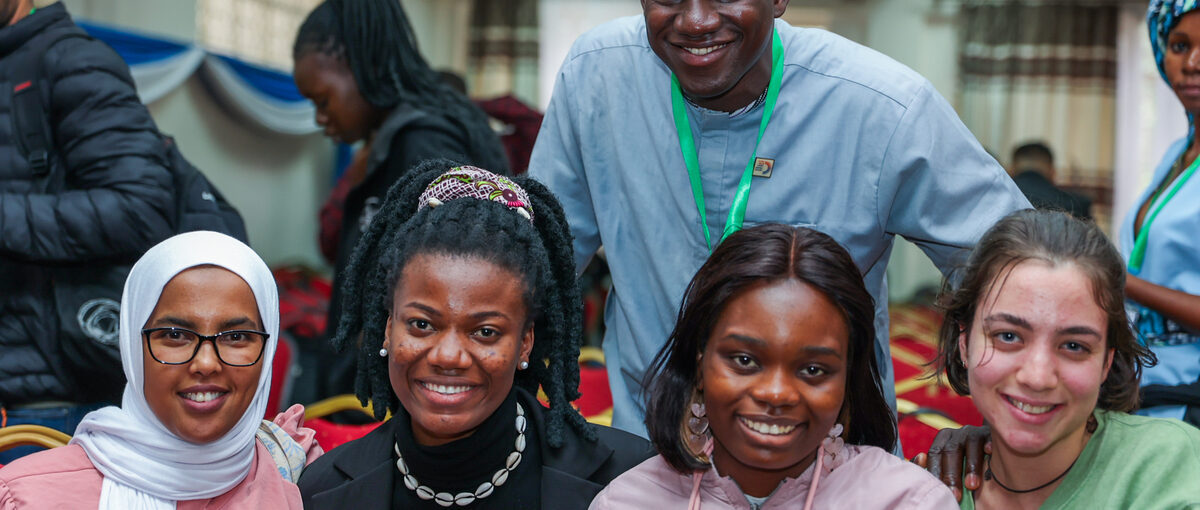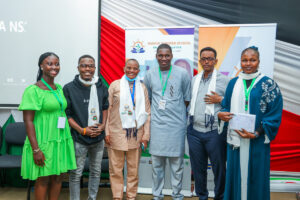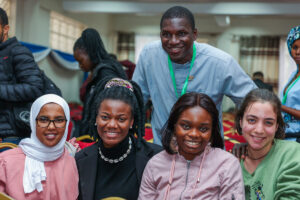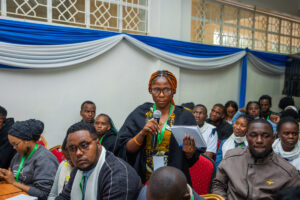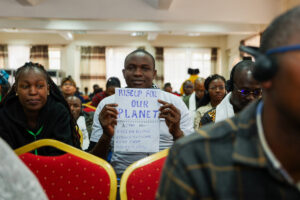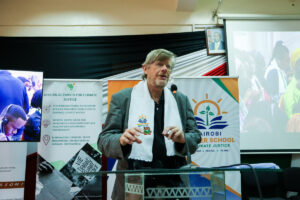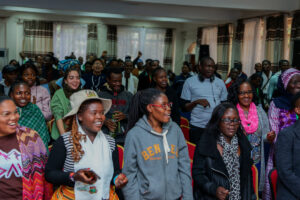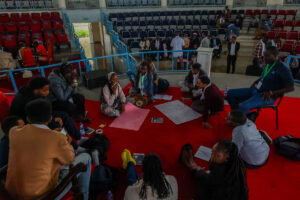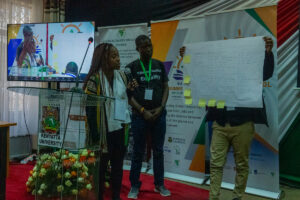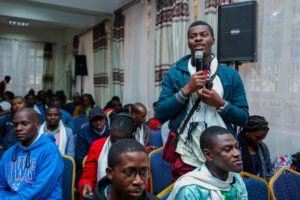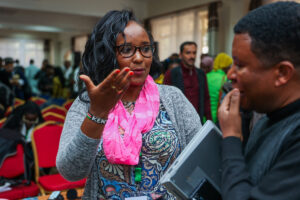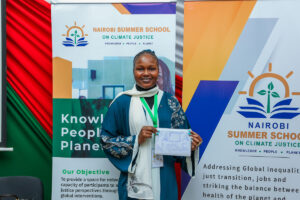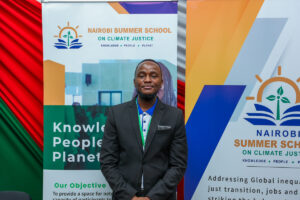Igniting a Global Movement: Nairobi Summer School Empowers Climate Justice Advocates
In a world grappling with the urgent need for climate justice, a beacon of hope emerges from Africa. The Nairobi Summer School on Climate Justice (NSSCJ) has embarked on a transformative journey since its inception in 2020. The NSSCJ’s resounding success in awakening, equipping, and inspiring young actors to address the climate crisis is reshaping the landscape of climate activism globally. With the unwavering support of African climate justice activists, this groundbreaking initiative is revolutionizing education, nurturing leaders, and fostering local, national, regional, and global interventions to champion climate justice.
A Catalyst for Change: The NSSCJ has emerged as a catalyst for change, training over 800 youth from Africa and beyond, transcending borders and cultural barriers. Hailing from 70 countries, these passionate individuals are leaving an indelible impact on their local communities. Armed with the knowledge gained from the NSSCJ, they are actively strengthening community resilience in the face of climate change. Moreover, some of these young leaders have taken up critical roles as negotiators in the United Nations Framework Convention on Climate Change (UNFCCC) processes, lending their voices to shape international climate policies.
The Third Cohort: The third cohort of the Nairobi Summer School has drawn an impressive gathering of more than 500 students. Over the course of two intensive weeks of learning, participants have engaged with eight comprehensive modules, covering crucial aspects of climate justice. These modules include climate justice, adaptation and resilience building, an introduction to climate change and its crisis, international efforts to combat the climate crisis, key climate justice issues for the Global South, just transition and energy access, climate justice advocacy and communication, green economy and entrepreneurship, and thematic parallel streams.
Week One: A Glimpse of Power-Packed Learning: The first week of the NSSCJ witnessed an array of powerful, positive, and informative sessions, led by distinguished experts in their respective fields. Dr. Peter Wangai, Exam Coordinator from Kenyatta University, spearheaded the exploration of climate change concepts and the components of the climate system. Students delved into the history of global warming, the role of industrialization, and the impact of fossil fuels. The sessions facilitated discussions on the distinctions between climate change and climate variability, as well as slow and rapid onset weather extremes.
The significance of the science-policy-practice interface was emphasized in a session conducted by Asinguza Eunice, Legal and Corporate Affairs Manager at the National Environment Management Authority of Uganda. Participants gained a comprehensive understanding of the crucial linkages between climate science, policy formulation, and practical implementation.
Understanding Climate Impacts: Sessions on climate change impacts were spearheaded by Dr. Joseph Kurauka, Chairman of the Department of Environmental Studies and Community Development at Kenyatta University, and Dr. Thuita Thenya, Director of the Wangari Maathai Institute of Peace and Environmental Studies (WMI). The concepts of vulnerability, exposure, climate risks, hazards, and adaptive capacities were explored, with an emphasis on mapping exercises and team teaching to enhance comprehension.
Assessing Vulnerability and Risks: Victor Orindi, Coordinator of the Adaptation Consortium, facilitated sessions on climate vulnerability and risk assessment frameworks. Participants were equipped with tools and frameworks to assess vulnerability and risks in specific contexts, such as coastal communities, pastoralists, fisherfolk, small-holder farmers, and forest-dependent communities.
Mitigating Climate Change: Mitigation approaches to climate change impacts were addressed by Dr. Anne Omambia, Deputy Director of Programs and Partnerships at the National Environment Management Authority of Kenya, and Mr. El Hadji Mbaye Diagne, lead negotiator on markets for the Africa Group of Negotiators. The session expanded on concepts such as REDD+ (Reducing Emissions from Deforestation and Forest Degradation), Nature-Based Solutions, and Geo-engineering, sparking meaningful conversations on carbon capture and storage, as well as the Net Zero debates.
Livelihood and Impact Assessment Framework: Dr. Thuita Thenya, Director of WMI, delved into the significance of livelihood and impact assessment frameworks. This session shed light on the essential considerations and strategies to safeguard and enhance livelihoods in the face of climate change.
The NSSCJ is transforming the landscape of climate justice education, awakening, equipping, and inspiring a new generation of leaders in Africa and beyond. With its comprehensive modules and eminent facilitators, the school empowers participants to champion climate justice at local, national, regional, and global levels. By nurturing their understanding of climate change impacts, vulnerability assessments, mitigation approaches, and livelihood strategies, the NSSCJ ensures that these young leaders are well-prepared to drive positive change in the face of the climate crisis. With the continued support of African climate justice activists, the Nairobi Summer School paves the way for a more equitable and sustainable future for all.

